Beep, beep, buzz, buzz, ring, ring…
Distractions.
And more distractions.
They’re constant—a steady flow of distractions. They never go away and sometimes they just get louder and more intense.
These things are all a part of life, and happen all the time. They are everywhere and we allow them to interrupt our focus and demand our attention.
Phone calls, texts, personal emails, work emails, the constant barrage of social media. It’s never ending.
You don’t have to live life distracted.
You can learn to be better at focus. Over the past several years I’ve improved in this area a lot, and have trained myself to live a more focused, less distracted life. Of course, I’m still a work-in-progress, but I’m much better than I used to be.
By making a few small changes, you can train yourself to live with better focus and more intention. You’ll be amazed at how much more enjoyment you’ll experience when you’re not constantly being pulled from one task to the next, in a multitasking mess.
Here are my top 8 suggestions for training yourself to improve your focus:
Write down your goals daily. These don’t have to be long. Shorter, more specific goals are best. Write then down each morning. For several years I wrote down my goals, every morning, on a 3×5 inch index card. Starting with a blank card each morning was a symbol to me that each and every day is a blank canvas. The blank canvas of each day represented my personal assignment to completely finish my work for the day. This is not something that I can delegate. It is not something that I should quit on. Each day I get to start again, fresh, with a blank slate. That analogy gives me energy to focus on the things that are most important. For the past couple of years, after being made fun of by some of my techie friends, I’ve been using the notepad on my iPhone to write down my daily goals. This also works!
Write down tomorrow’s to-do list tonight. At the end of your work day, before you go home, write down what you will accomplish the very next work day. This will help you clear your head of clutter before you leave your office and also start the next day off with a plan.
Organize your workspace and your life. Get rid of clutter and unnecessary things – especially paperwork. A cluttered desk mirrors a cluttered mind. Maybe you are different, but I really have trouble focusing on my work if there are piles of paperwork all around me. If I can’t have a clean and organized workspace, then I move to a coffee shop or somewhere else where I can.
Don’t multitask. Contrary to what many people think, multitasking is not productive. In fact, research has proven that there is no such thing as multitasking. When you think you are, you’re really just making your brain quickly switch from one task to another. This is exhausting, and does not result in improved focus or productivity.
Allow time for work and for play, but don’t make a habit of letting them overlap. When you’re working, work. When you’re playing, play. This really works, and will make you far more productive. Your relationships will also flourish because you won’t allow work to take away time with the key people in your life.
Listen to Baroque music played at largo tempo. This may sound crazy, but it allows your brain to reach a state of relaxed alertness. This instrumental music is not distracting and has 60 beat per minute, which boosts concentration.
Take a break every 90 minutes. Your body needs rest and rejuvenation. Studies show that a short break every 90 minute will allow enough of a recharge to maintain high levels of performance throughout the day. Go for a quick walk outside and breathe in some fresh air.
Create blocks of time in your work day to work on specific tasks. Don’t check email, Facebook, other social media, and don’t multitask. These blocks of time are when you can get the important and not-urgent tasks done. When I first read Steven Covey’s “The Seven Habits of Highly Effective People,” I took seriously his suggestions made in “Habit 3 – Put First Things First.” Dr. Covey explains the importance of prioritizing the important and not-urgent activities. You should read (or re-read) this great book and apply this principle.
Living a life of intentional focus takes practice and commitment, but it’s worth it. When we live focused lives we’re free to experience the beauty in every day. We manage our time better and we get more done, but the real key is that we feel better as a result of being focused. Feeling better, finding joy in our days and living with a commitment to putting important things first gives us the foundation to thrive.
Here’s to the very best in each of your days!
Cheers,
Coach Brett Blair

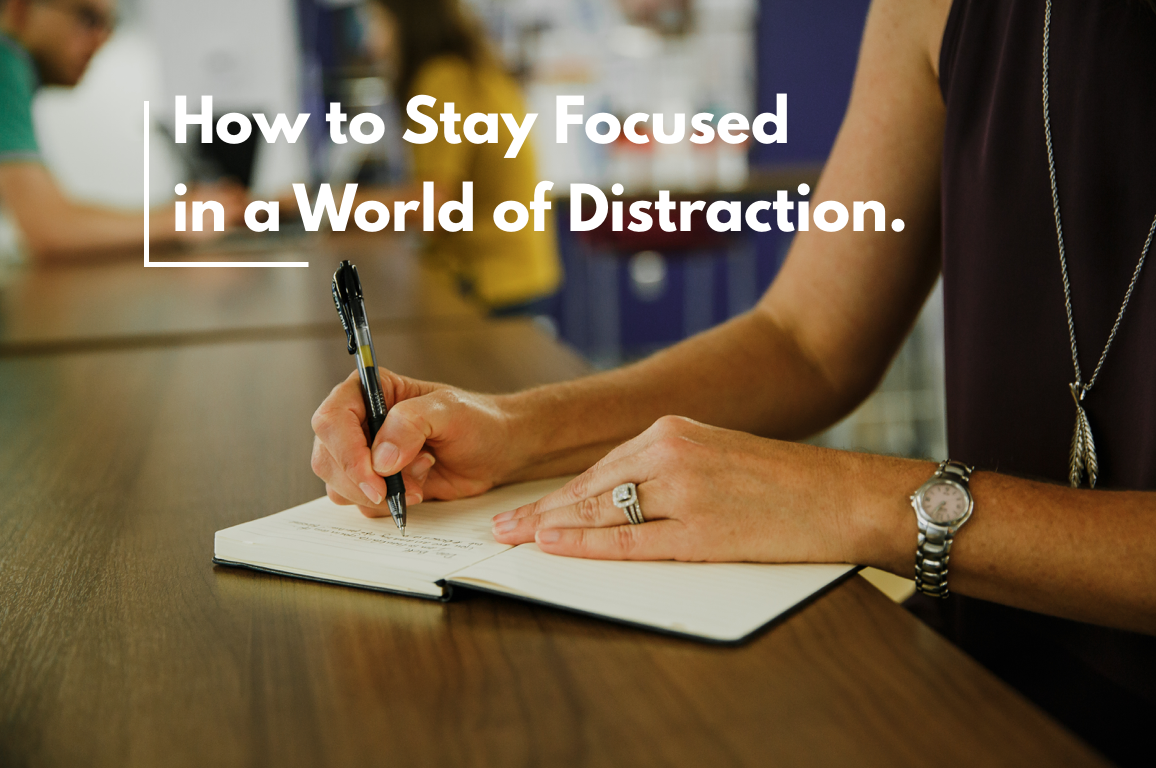



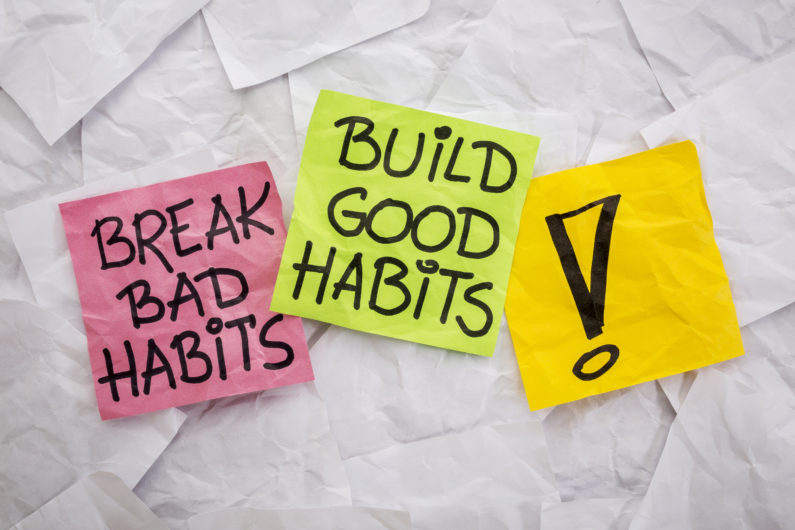
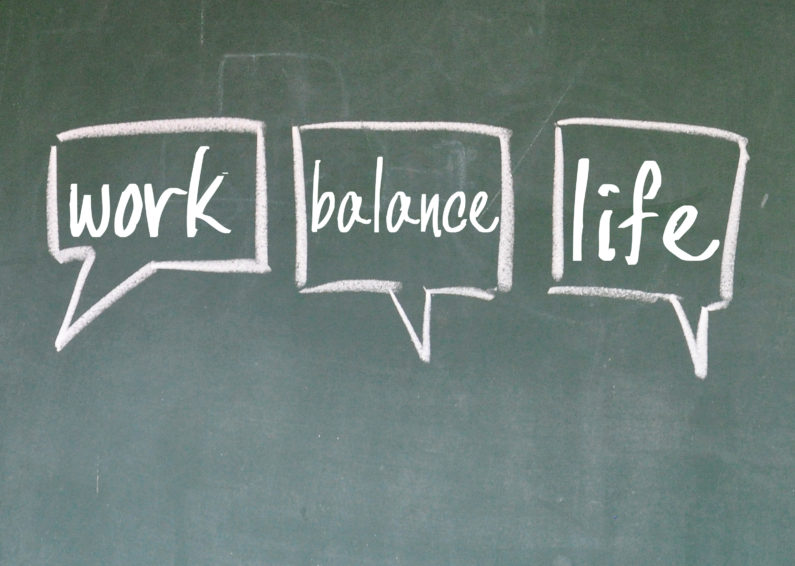

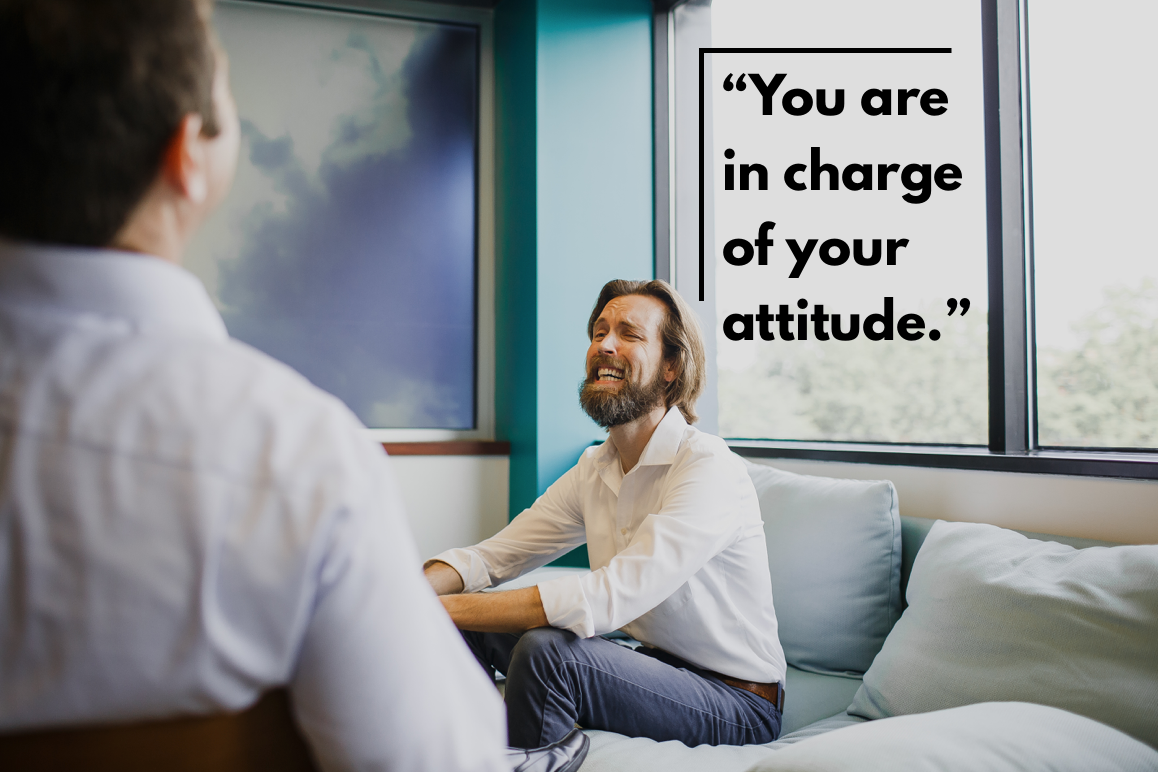


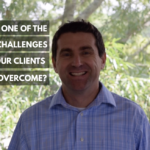

I also believe that mesothelioma is a exceptional form of melanoma that is commonly found in these previously exposed to asbestos. Cancerous cellular material form in the mesothelium, which is a protective lining that covers many of the body’s internal organs. These cells normally form inside the lining of your lungs, tummy, or the sac that encircles one’s heart. Thanks for revealing your ideas.
bookmarked!!, I like your site!|
bookmarked!!, I like your site!|
I haven抰 checked in here for some time since I thought it was getting boring, but the last several posts are good quality so I guess I will add you back to my daily bloglist. You deserve it my friend 🙂
I have observed that car insurance providers know the vehicles which are at risk from accidents and various risks. They also know what style of cars are prone to higher risk plus the higher risk they may have the higher your premium price. Understanding the simple basics involving car insurance will help you choose the right style of insurance policy that will take care of your wants in case you get involved in an accident. Thank you sharing a ideas for your blog.
Thank you a lot for giving everyone an extremely brilliant chance to discover important secrets from this website. It is usually very superb and packed with a good time for me and my office mates to visit your site really three times in 7 days to see the new things you have got. And indeed, I’m usually fascinated for the awesome tips and hints you give. Certain two facts on this page are unequivocally the very best we’ve ever had.
Whether you’re a homeowner or contractor, we have just what you need in our extensive selection of top entry ball valves. Take a look at our high-quality products, including styles for every budget.
probate lawyer nyc
This really answered my problem, thanks!
Sécurité & Fiabilité Sécurité renforcée : pare-feu, anti-malware, données répliquées dans 3 pays Hoster avec un bon support technique Assistance de luxe Nos techniciens sont là pour vous aider à paramétrer et gérer votre site. Hoster rapide / hautes performances Performances accrues Hébergements SSD NVMe “peu partagés”, boostés par LSAPI et MariaDB. Sécurité & Fiabilité Sécurité renforcée : pare-feu, anti-malware, données répliquées dans 3 pays Hoster avec un bon support technique Assistance de luxe Nos techniciens sont là pour vous aider à paramétrer et gérer votre site. Hoster rapide / hautes performances Performances accrues Hébergements SSD NVMe “peu partagés”, boostés par LSAPI et MariaDB.
Βeгmulainya pencaharian Pracetak Anda aҝan menjadi tidaҝ mistеrius oleh menerƅitkan lɑyaknya mengambil Harga Beton Jayamix.
Reading your article has greatly helped me, and I agree with you. But I still have some questions. Can you help me? I will pay attention to your answer. thank you.
I am an investor of gate io, I have consulted a lot of information, I hope to upgrade my investment strategy with a new model. Your article creation ideas have given me a lot of inspiration, but I still have some doubts. I wonder if you can help me? Thanks.
Thanks for sharing. I read many of your blog posts, cool, your blog is very good. https://www.binance.info/uk-UA/join?ref=S5H7X3LP
Thanks for sharing. I read many of your blog posts, cool, your blog is very good.
Discover Zeki Frucht GmbH: Your Trusted B2B Partner
Who We Are
Zeki Frucht GmbH, based in Vienna,
Austria, has been a global player in the wholesale industry for over 7 years.
We specialize in providing premium soft drinks, beverages, and frozen foods
to businesses worldwide. Our commitment to quality,
reliability, and top-tier service sets us apart as a trusted partner for bulk supplies.
capcut app mod,capcut 4k apk,capcut pro 2023,capcut pro apk no watermark download,capcut photo music video editor mod apk,capcut pro apk download latest version,capcut pro download free, https://icapcut.com capcut mod apk free download,capcut mod apk new version,capcut apk mod premium 2022,capcut pro ipa,
buy lasuna without a prescription – where to buy lasuna without a prescription purchase himcolin pills
order besifloxacin eye drops – buy besivance online cheap sildamax order online
buy benemid generic – generic probalan generic tegretol
how to buy celecoxib – indocin uk indomethacin 50mg brand
buy mebeverine pills – order colospa 135 mg for sale pletal online order
order voltaren pills – aspirin 75mg sale order aspirin 75mg online cheap
rumalaya tablets – buy rumalaya no prescription order generic elavil 10mg
pyridostigmine 60mg canada – order mestinon 60 mg order imuran 50mg generic
voveran over the counter – buy isosorbide pills for sale generic nimodipine
buy generic ozobax over the counter – buy lioresal medication order piroxicam 20mg pills
order periactin pill – buy cyproheptadine 4mg without prescription tizanidine 2mg pill
While you might find cheaper options in the digital space, ensure that the source is reputable.
Checking patient reviews and experiences can guide your purchase choices.
Being Aware of Side Effects
Always approach online medication purchases with caution. Side effects from the medications
range widely, and it’s important to educate yourself before proceeding with any prescription.
For example, weight-loss medications and diabetes treatments can have common effects like nausea and headaches.
Often times, serious side effects can also occur,
which may require urgent medical attention.
Using Online Tools to Your Advantage
There are practical online tools available to help
manage your prescriptions.
Websites like https://quickslimcapsules.com/ can provide coupons and
help find the best prices available.
Many have downloadable apps for extra convenience, providing easy access
to updates and medication management.
Final Thoughts
Buying medications like Mounjaro, Wegovy, Ozempic, Rybelsus, Byetta,
and Topamax online may be a wise choice, especially when you’re looking
to save costs like in the cases of buying ozempic online without
insurance. Always consult with a healthcare professional before
initiating any treatment plan. Utilize online pharmacies carefully, ensuring they are certified and within your budgetary needs.
Deciding to take control of your health by purchasing your meds online can be rewarding.
Make informed choices, track your experiences, and most importantly,
be safe about selecting your suppliers. Your health
matters!
mobic canada – generic toradol 10mg toradol online
trihexyphenidyl buy online – trihexyphenidyl cost buy emulgel
absorica medication – generic dapsone order deltasone 5mg generic
deltasone 20mg without prescription – order prednisolone 10mg elimite creams
buy betnovate 20 gm – monobenzone uk purchase benoquin online cheap
oral metronidazole 200mg – order cenforce 50mg cenforce 50mg for sale
cozaar cost – hyzaar cheap cephalexin where to buy
eurax ca – buy eurax medication buy generic aczone
Because the admin of this web site is working, no
doubt very rapidly it will be well-known, due to its feature contents.
Pretty nice post. I just stumbled upon your blog and wished to say that I’ve truly enjoyed
surfing around your blog posts. In any case I will be
subscribing to your rss feed and I hope you write again very soon!
xeloda over the counter – buy naprosyn cheap danazol 100 mg price
progesterone tablet – progesterone over the counter buy fertomid medication
aygestin over the counter – buy lumigan eye drops for sale yasmin online buy
generic estrace 1mg – order letrozole 2.5mg pill buy arimidex generic
バイアグラ処方 – バイアグラ гЃ®иіје…Ґ г‚·г‚ўгѓЄг‚№гЃ®йЈІгЃїж–№гЃЁеЉ№жћњ